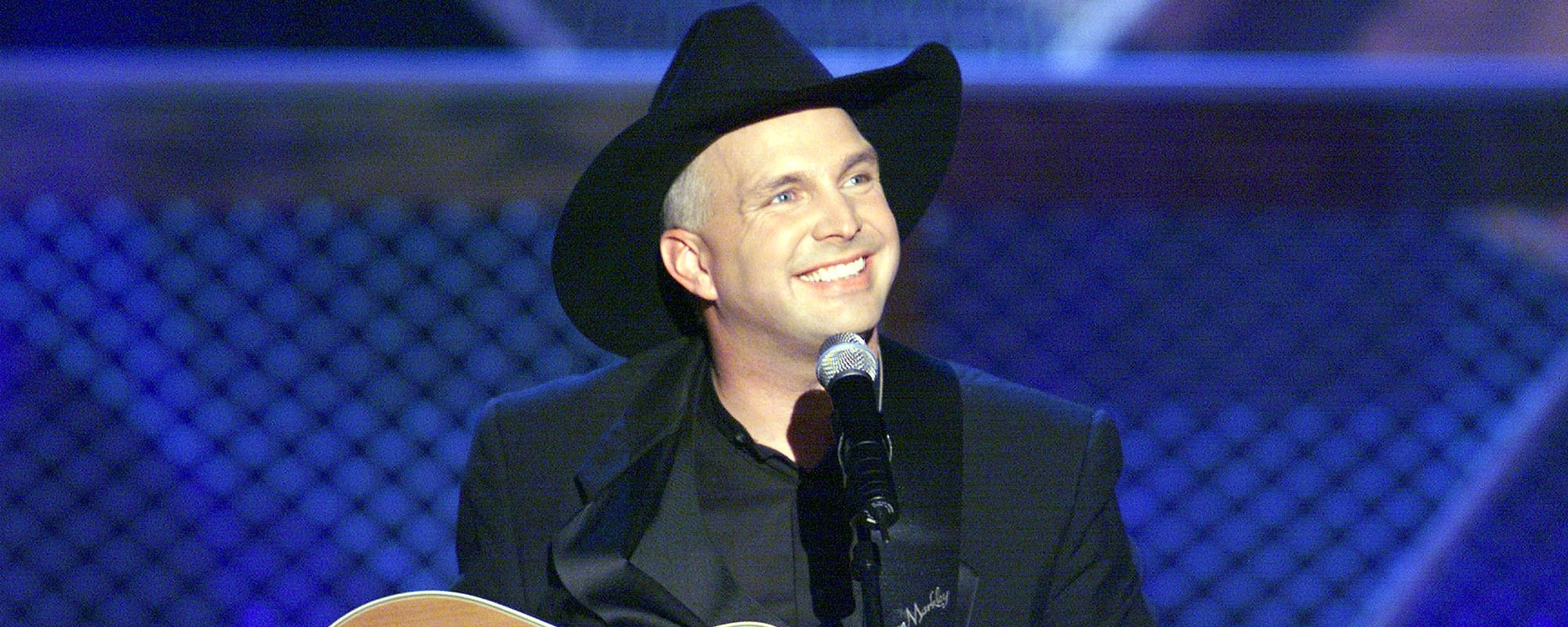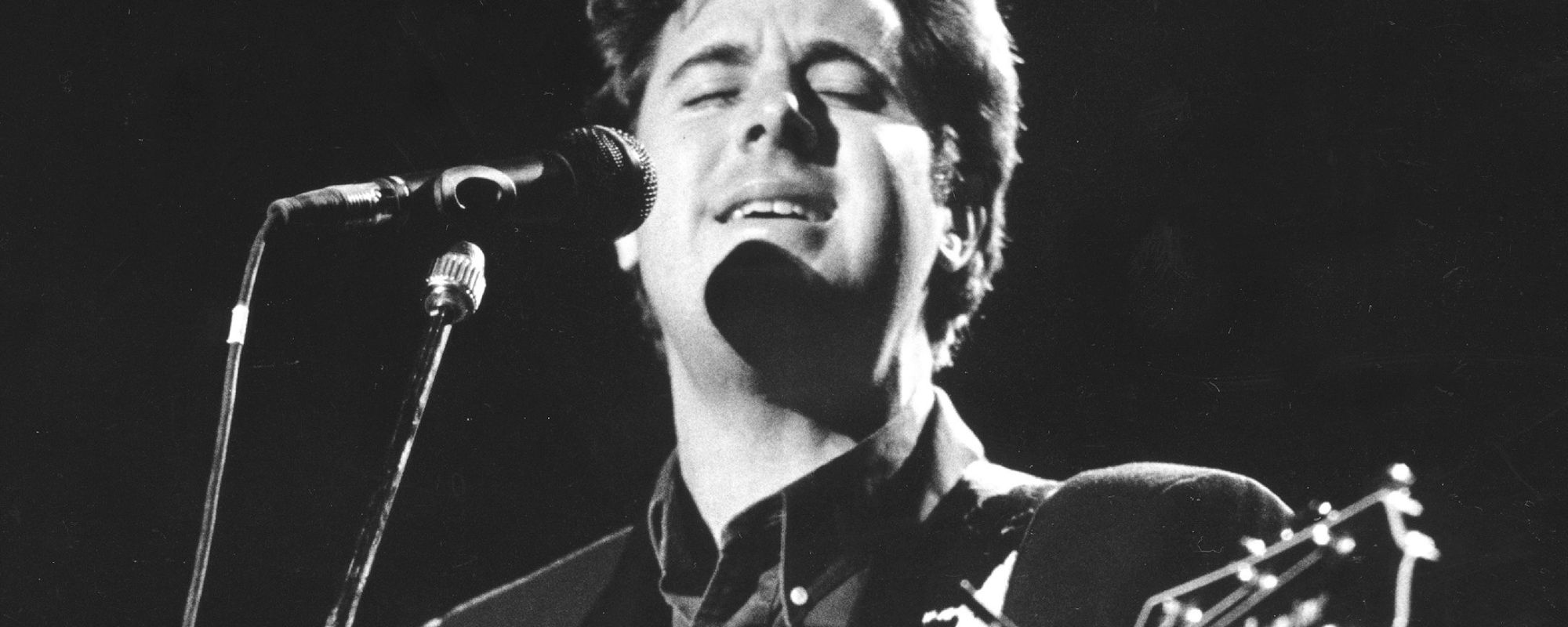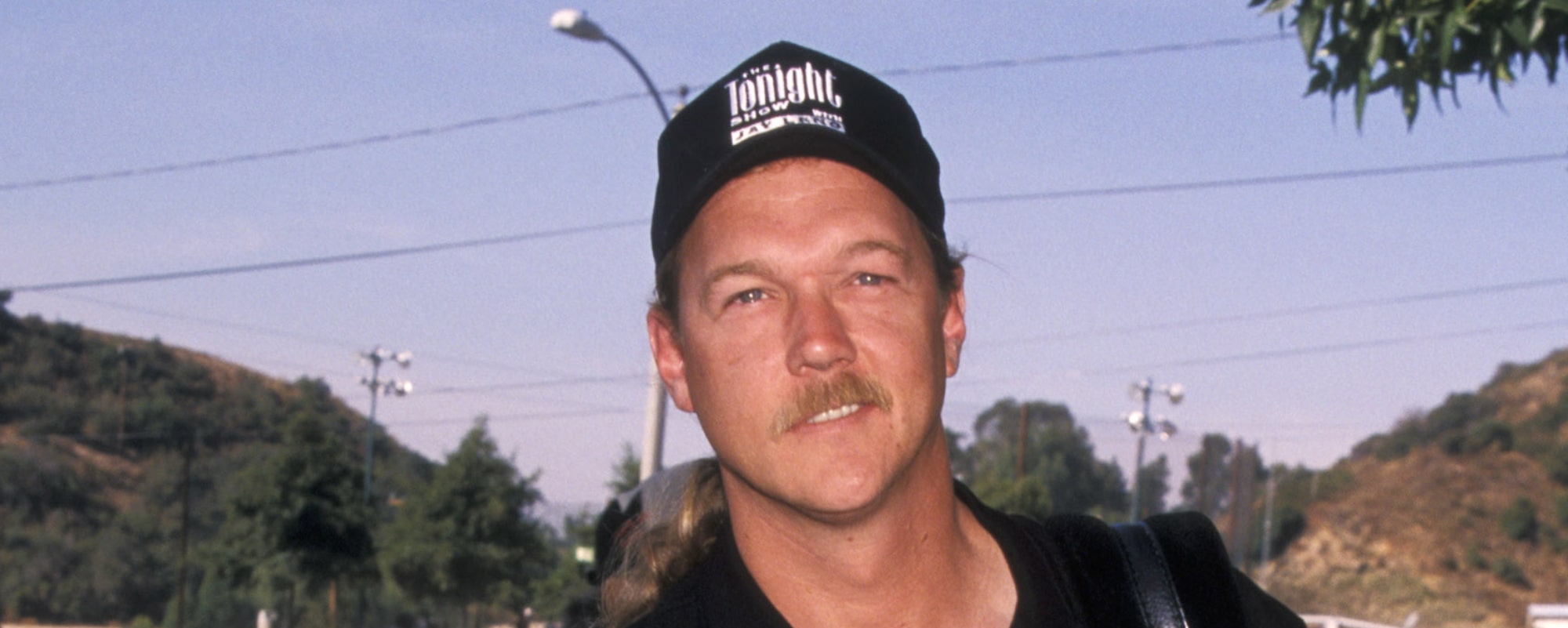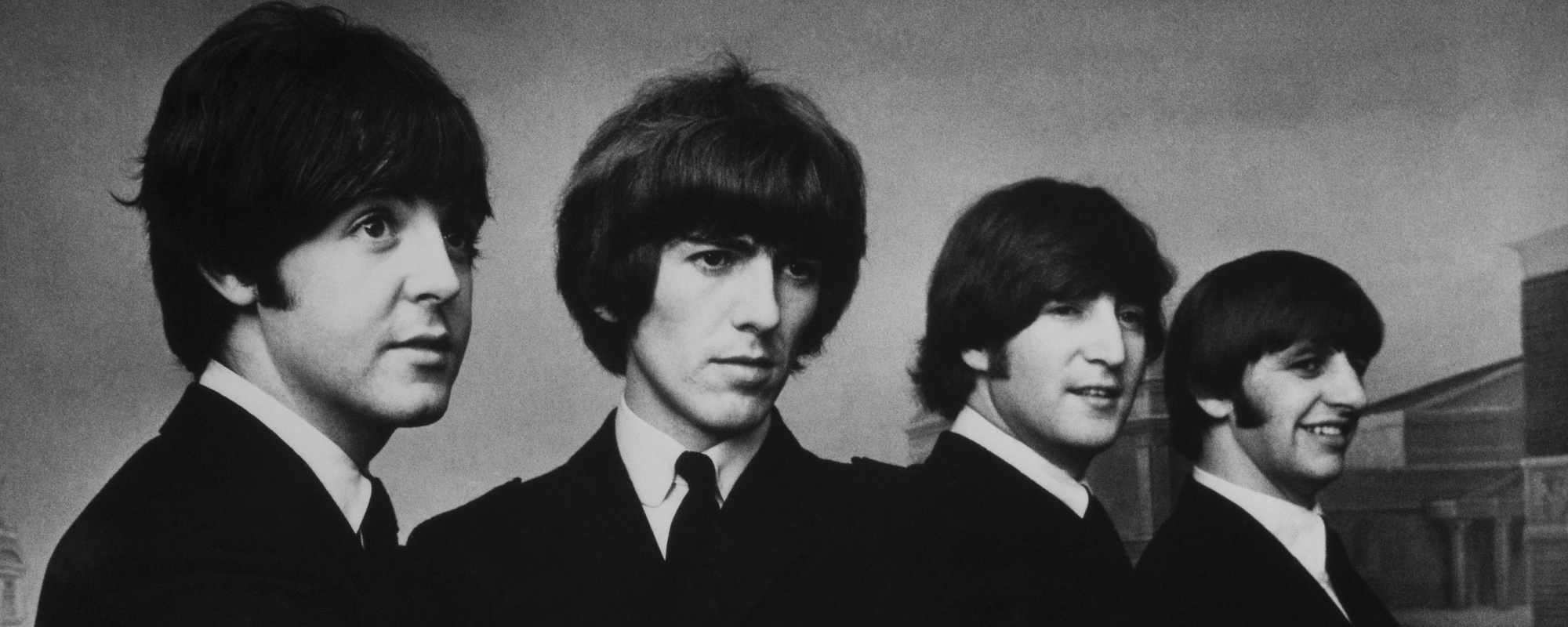There was no one like Jim Croce back in the 1960s and early 1970s. There were plenty of folk and soft rock singer/songwriters back then, but Croce was just different.
Videos by American Songwriter
After years of trying to make it in the music industry, he found his breakthrough in 1972 with the album You Don’t Mess Around With Him. Sadly, much of the success surrounding that record was bolstered by his sudden and tragic death in 1973. Croce was killed in a fatal plane crash that claimed the lives of four others.
So what was it about Croce’s music that was so special, and so particularly heartbreaking? It all comes down to his persona, coupled with an incredible ability to tell stories.
What Made Jim Croce’s Heartbreaking Tunes So Special?
When it comes down to it, Jim Croce’s saddest songs were so enjoyable because of the juxtaposition of his charisma and sense of humor. Plenty of singer/songwriters had the gloomy vibe to match their gloomy tunes. But Croce was different; there was something about him that was so lovable, and that empathy-eliciting nature made his sad songs even sadder.
Just as well, Croce knew how to tell one hell of a story. He made it look easy. And without the context of the stories that formed the foundations of most of his songs, he also had a few one-off lines that really got into people’s hearts and minds.
“There never seems to be enough time” from “Time In A Bottle” is one example. “‘Cause I’ve been wasted, and I’ve over-tasted / All the things that life gave to me / And I’ve been trusted, abused and busted / And I’ve been taken by those close to me” from “Hey Tomorrow” is another. And there’s also “But in looking back at the faces I’ve been / I would sure be the first one to say / When I look at myself today / Wouldn’ta done it any other way” from “Hard Way Every Time”.
Croce also knew how to make his lyrics accessible and relatable to virtually anyone who listened. He was rarely specific; that’s quite a feat for a singer/songwriter known for his storytelling. Rather, he wrote about complex emotions, dreams, and states of being that anyone could relate to.
One can’t help but notice that he explored the notion of time running out often across several of his songs. It’s tragic, considering he only had 30 years to live. And he made the world a better place in those short years with his music.
Photo by Michael Ochs Archives/Getty Images
When you purchase through links on our site, we may earn an affiliate commission.











Leave a Reply
Only members can comment. Become a member. Already a member? Log in.